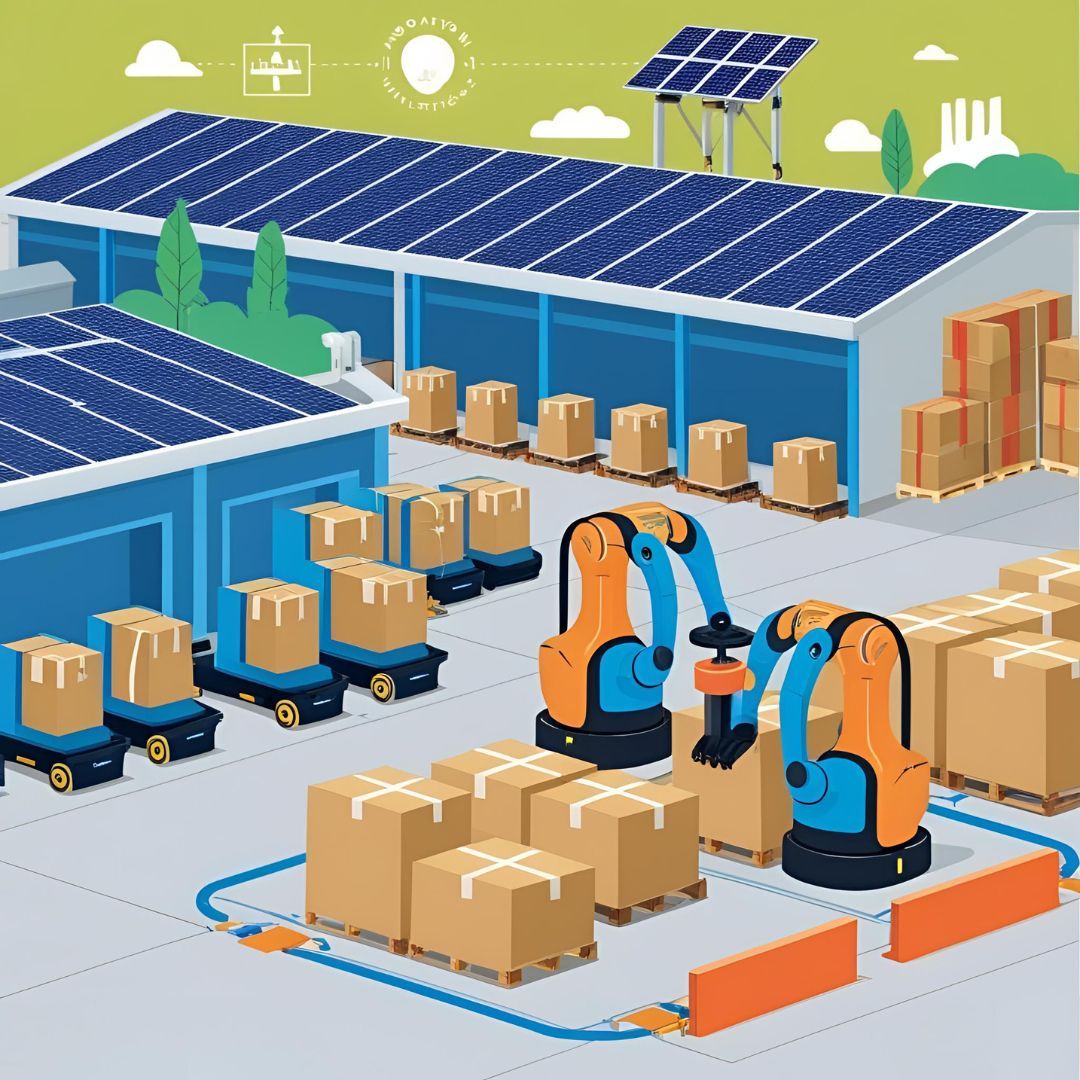
The Impact of Artificial Intelligence on Green Logistics
In recent years, Artificial Intelligence (AI) has revolutionized numerous sectors, including logistics. In a world increasingly focused on environmental sustainability, AI is proving to be a crucial resource for optimizing logistics processes, reducing emissions, and improving supply chain efficiency. Let’s explore how these technologies are transforming green logistics.
Route Optimization and Emission Reduction
One of the most significant applications of AI in logistics is the optimization of transport routes. Thanks to advanced machine learning algorithms and predictive analytics, companies can calculate the most efficient routes for their vehicles in real time. This not only reduces fuel consumption but also helps minimize CO2 emissions.
AI-powered systems such as Google Maps AI, route optimization tools, and fleet management software enable real-time monitoring of traffic, weather conditions, and other factors, dynamically adjusting routes to ensure maximum efficiency. As a result, vehicles avoid congestion and take shorter routes, significantly reducing their environmental impact.
Automation and Waste Reduction
AI also plays a key role in inventory management and waste reduction along the supply chain. Through advanced demand forecasting systems and intelligent inventory management, companies can minimize overproduction and resource wastage.
Automated warehouses equipped with intelligent robots are another example of how AI enhances logistics efficiency. These systems can move goods quickly and efficiently, optimizing storage space and reducing energy consumption. Additionally, predictive maintenance for transportation and machinery helps reduce breakdowns and extend equipment lifespan, contributing to a more sustainable logistics sector.
AI for a More Sustainable Supply Chain
Another area where AI is making a difference is in global supply chain management. Through data analysis and machine learning, companies can improve transparency and traceability across the entire supply chain, identifying inefficiencies and reducing waste.
For example, AI systems can monitor and predict demand fluctuations, allowing companies to quickly adjust production and distribution. This leads to a lower need for urgent shipments, ultimately reducing the environmental impact.
Conclusions
Artificial Intelligence is transforming green logistics, making it more efficient and sustainable. From route optimization to waste reduction and intelligent supply chain management, AI technologies are lowering emissions and improving the industry's environmental footprint. As these solutions continue to evolve, the future of sustainable logistics looks increasingly promising.




